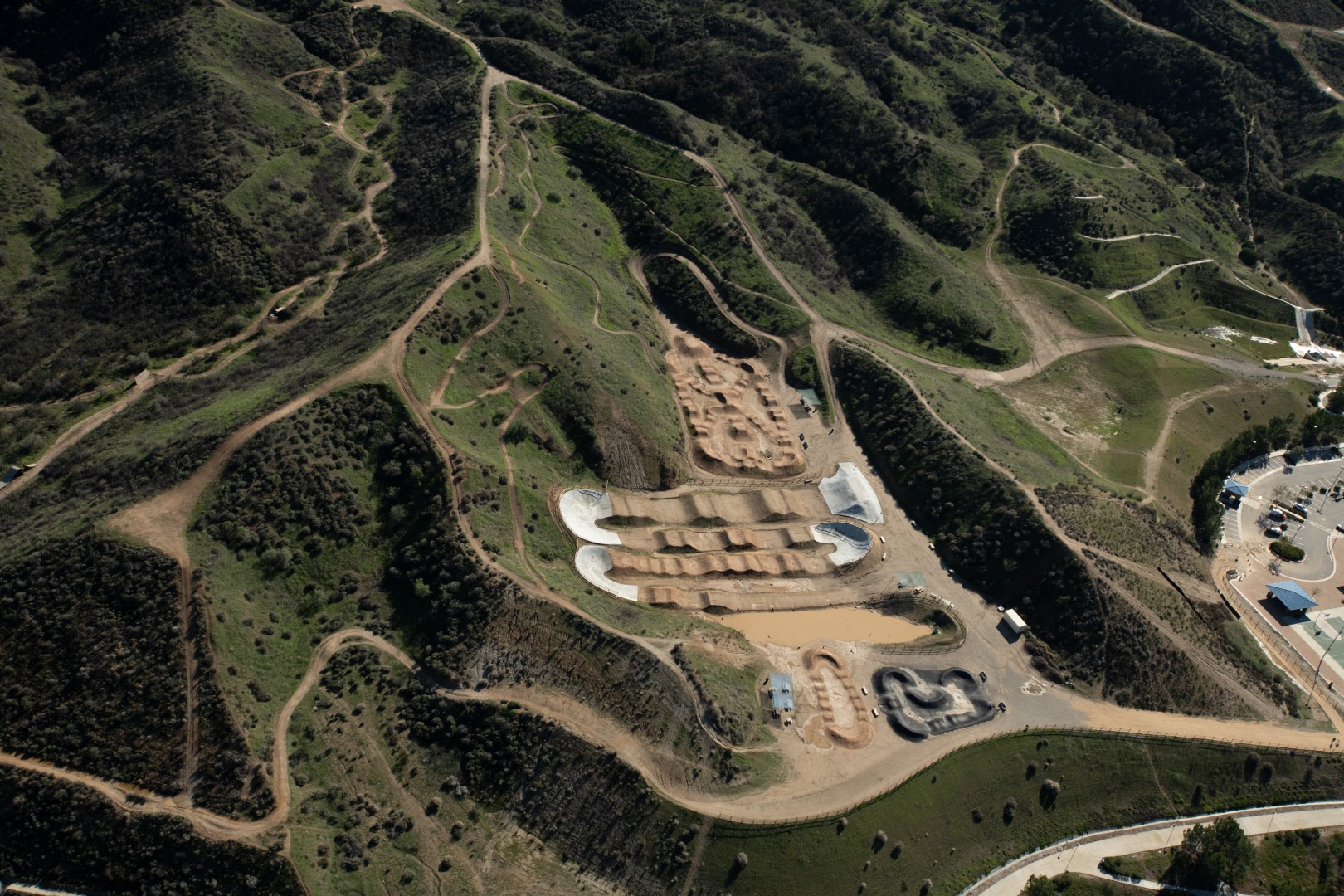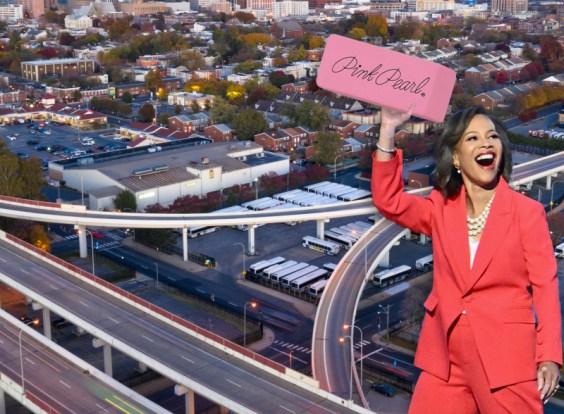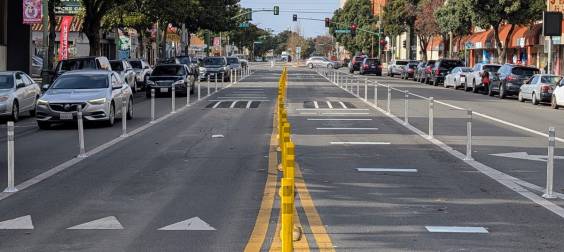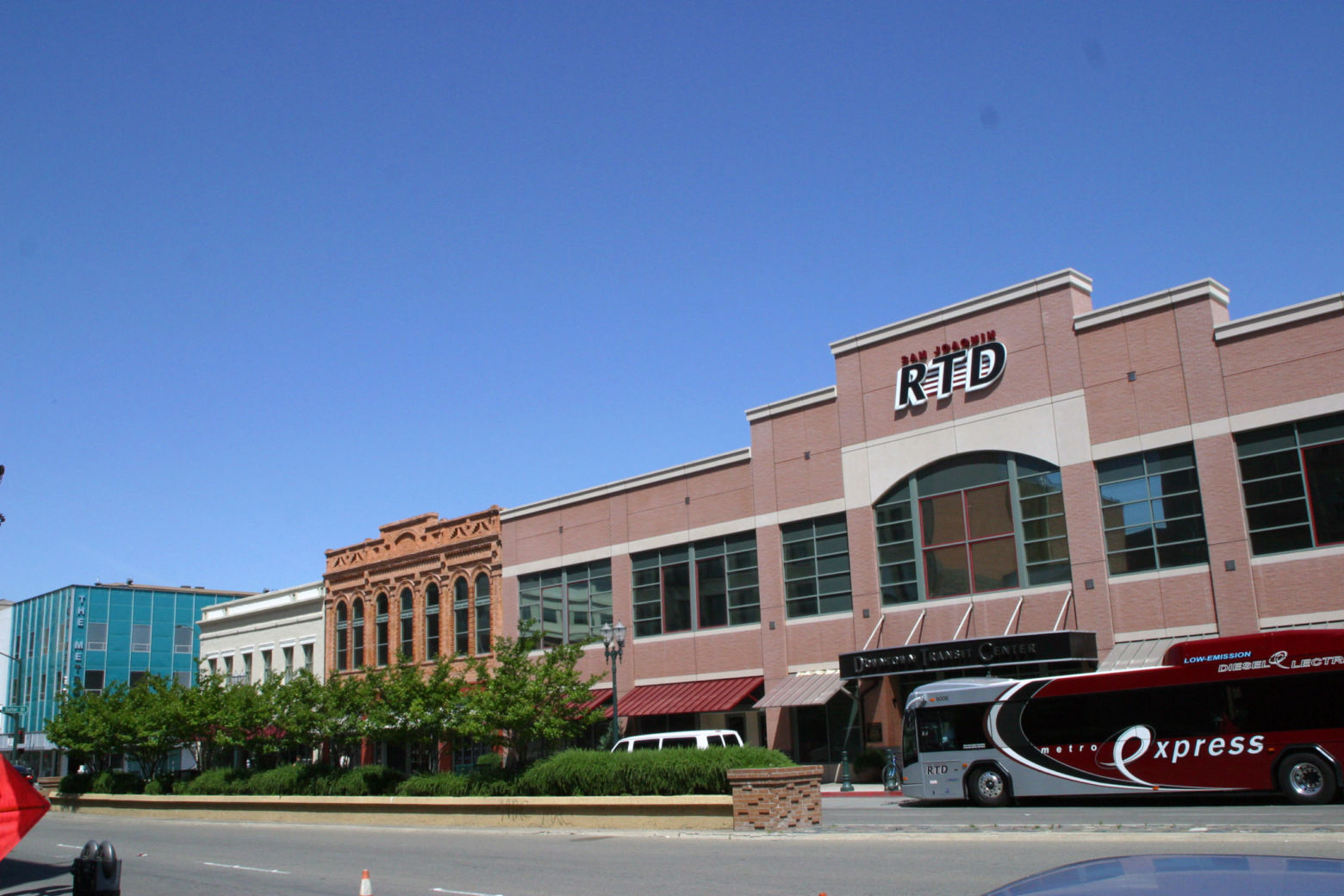Metro's newly revised November sales tax expenditure plan flew through two board committees this week with virtually no discussion. The proposal was approved unanimously by both the Planning and Programming Committee and the Executive Management Committee. The plan now goes to the full board for approval at this month's meeting on Thursday, June 23.
Last week, Metro announced the newest version of its spending plan. What had been a fifty-year sales tax has been modified to an indefinite "no sunset" sales tax. This allows for numerous large highway and transit projects to accelerated.
In the course of the two committee meetings, Metro directors Mike Bonin, Sheila Kuehl, James Butts, Jacquelyn Dupont-Walker, Hilda Solis, Mark Ridley-Thomas, John Fasana, Mike Antonovich, Eric Garcetti, and Paul Krekorian all voted to support the plan. County Supervisor Kuehl joked that there was an informal agreement among directors not to get into conflicts trying to "take a little from them and give it to us."
The only hint of board dissent came from Inglewood Mayor James Butts. Butts stated that he was in "complete support" but reiterated past concerns that later-year Measure R projects will not be completed in the time frame approved in that 2008 ballot measure. This issue was addressed in a strongly worded Metro staff report written in response to a request by directors Butts, Don Knabe, and Diane DuBois that all Measure R highway and transit projects be accelerated before any new projects enter the queue. Metro staff rejected the proposal, deeming it "an unsurmountable [sic] level of risk" and predicting that "[a]ttempting the aggressive borrowing to close these gaps would impact our transit operations so severely that even extensive service cuts would not close the gaps." The staff report concludes that "[s]uch a programmatic outcome is untenable and not recommended."
Even with barely a hint of dissent among the Metro board, there was still a great deal of public testimony pressing for changes to the expenditure plan. These included:
- Livability, equity, walking, and bicycling advocates continue to press for more dedicated funds for walking and bicycling. A position paper [PDF] spearheaded by Investing in Place and the L.A. County Bicycle Coalition criticizes the plan for lacking commitment to complete streets, including basic sidewalk repair. The paper also criticizes the lack of an active transportation plan for the Gateway Cities, and urges a greater percentage for active transportation in later unprogrammed years.
- Environmentalists, including the EnviroMetro Coalition, criticized sprawl-inducing highway projects in the plan, especially the High Desert Corridor - a new freeway planned for largely undeveloped portions of the Antelope Valley.
- Some San Fernando Valley interests, including State Senator Bob Hertzberg, made a last minute push for Metro to fund a Bus Rapid Transit line for Cal State Northridge. Boardmember and San Fernando Valley Los Angeles City Councilmember Paul Krekorian, who frequently pushes for a fair share for the San Fernando Valley, characterized the revised expenditure plan as good for the Valley. Krekorian cited accelerated Orange Line improvements and increased Metrolink and local return funding as all being positive for the Valley.
- Additional testimony urged greater funding for seniors and students, safe routes to schools, widening the 5 Freeway, and connecting the Red/Purple line with the Arts District.
The committees' approval included $10.9 million to fund "election-related and public information costs." Just to put the measure on the ballot will cost $8.4 million. On top of that, Metro will spend $2.5 million to educate the public about the measure.






